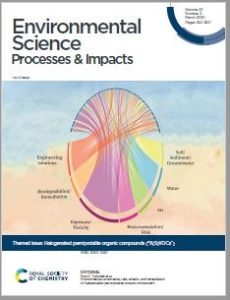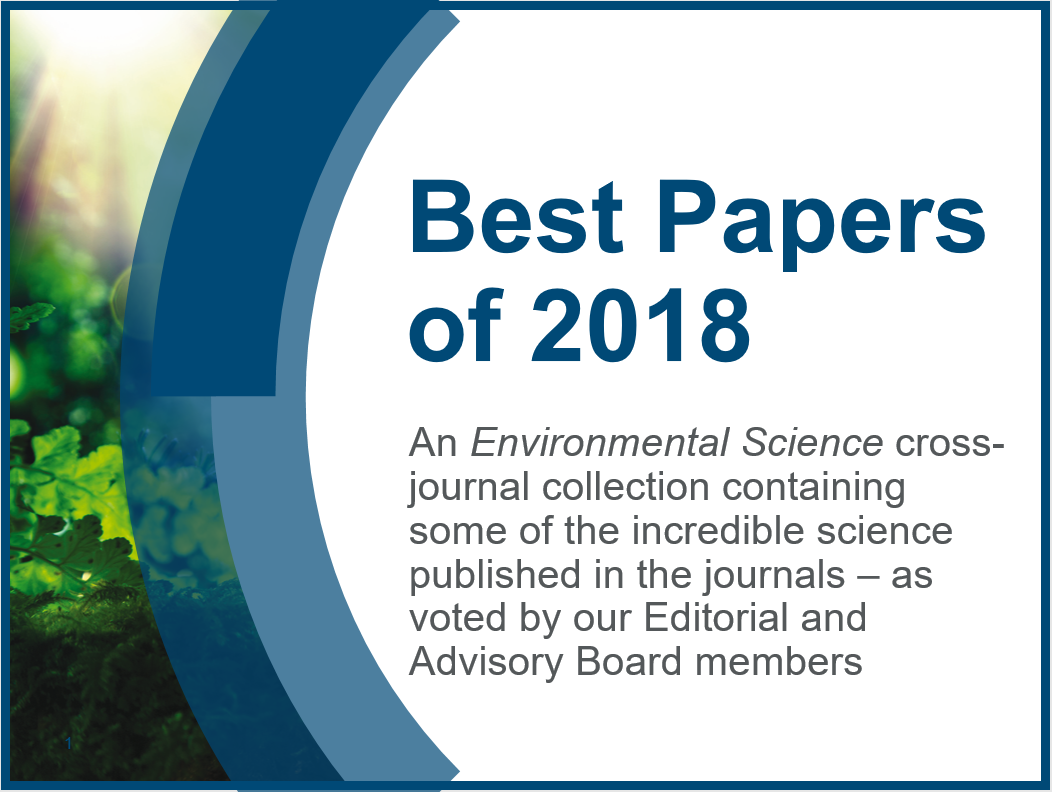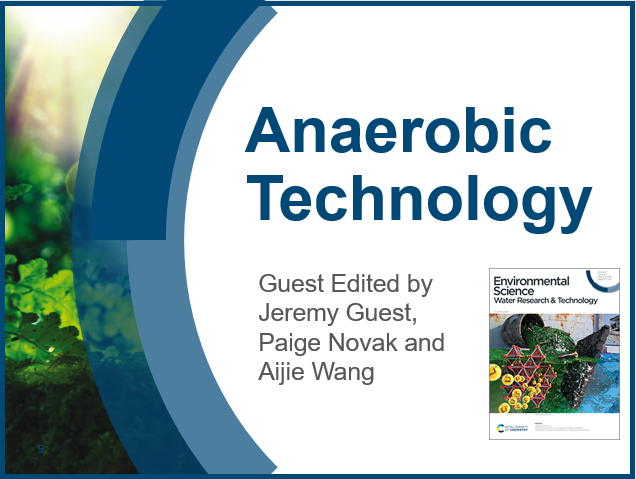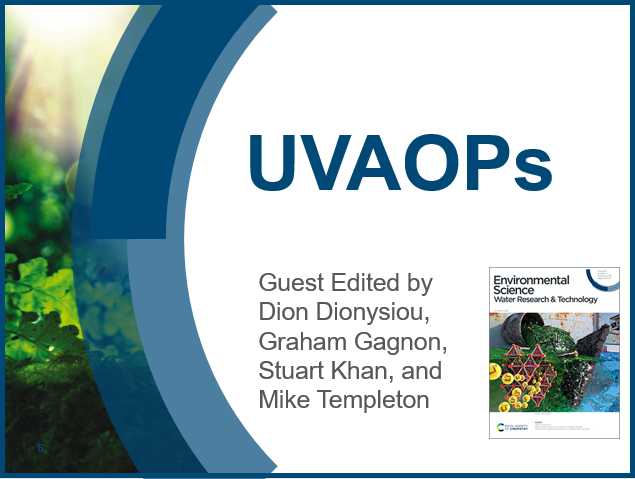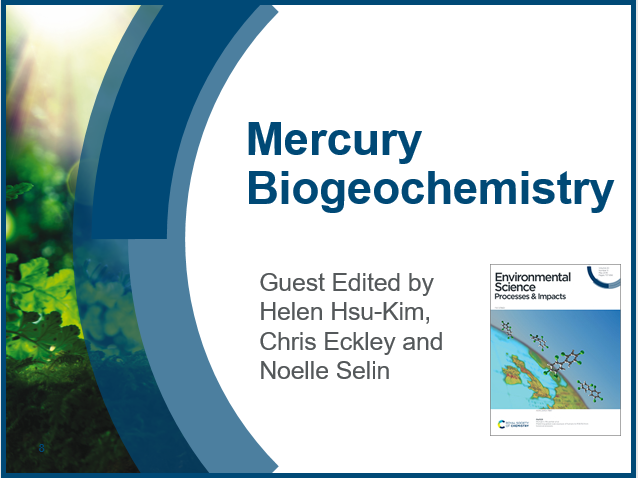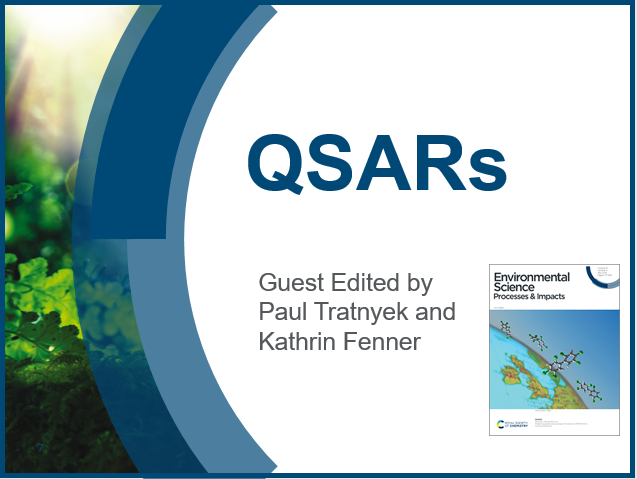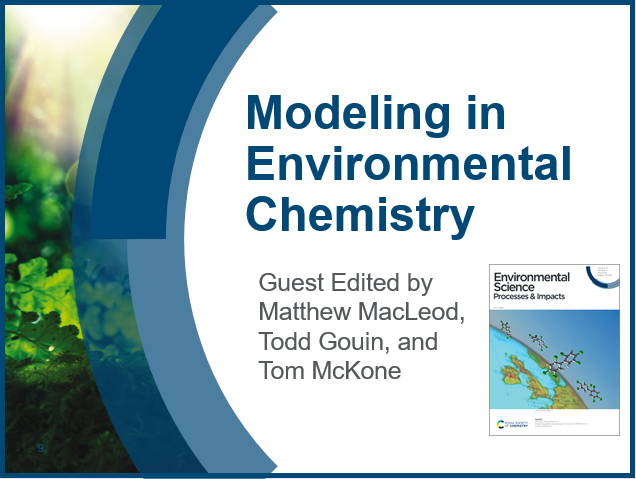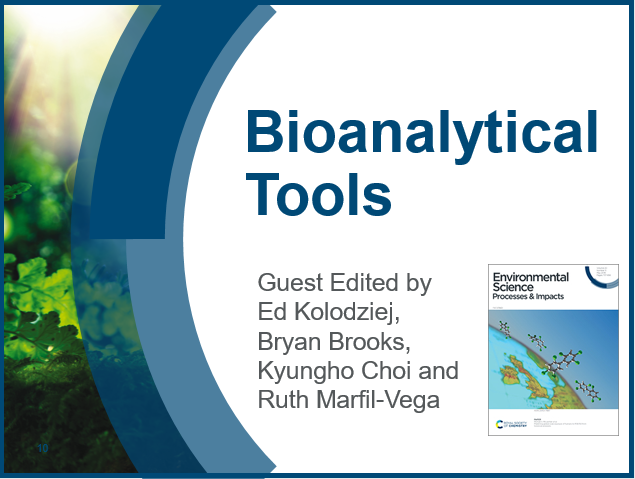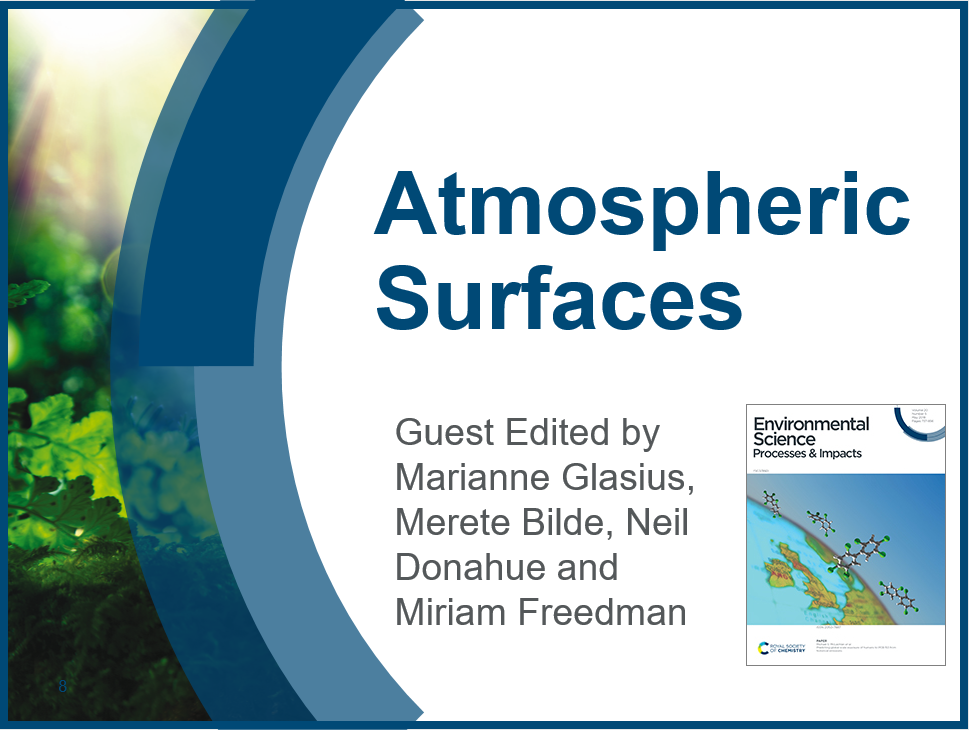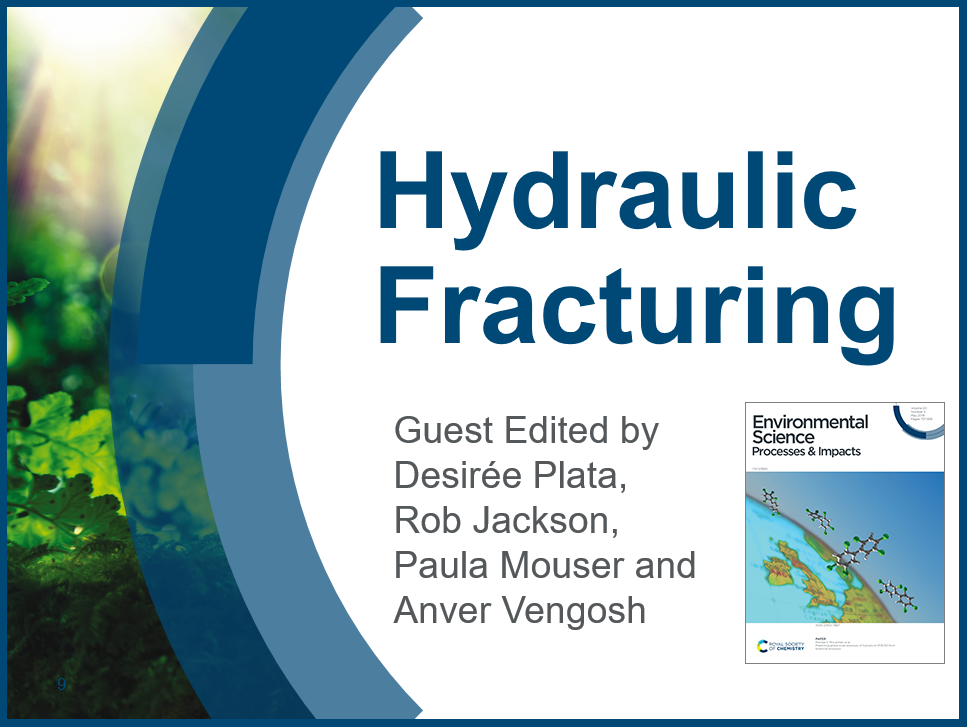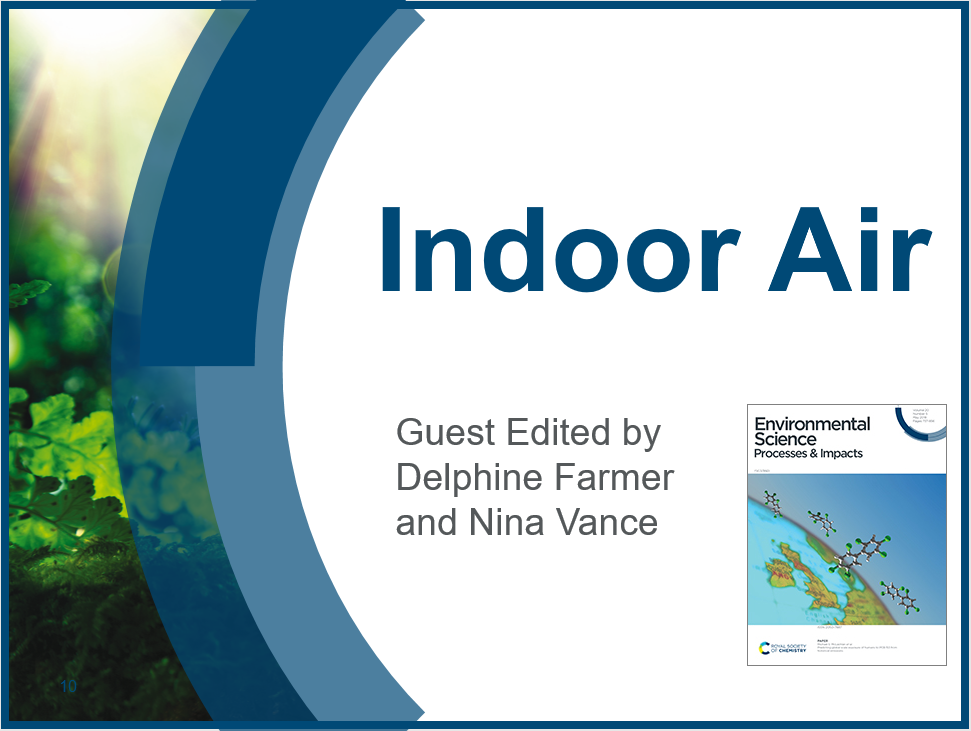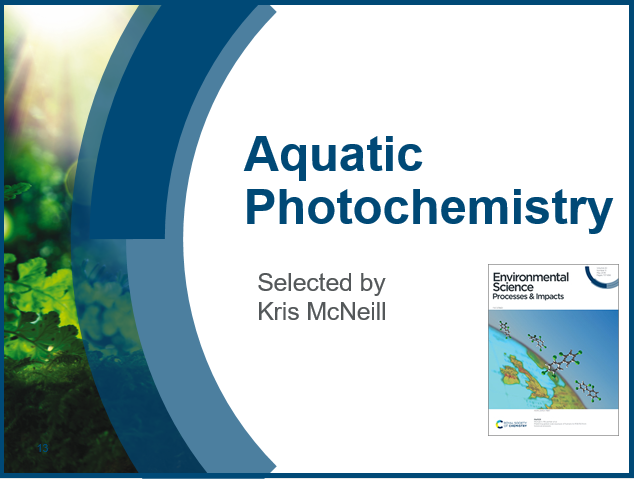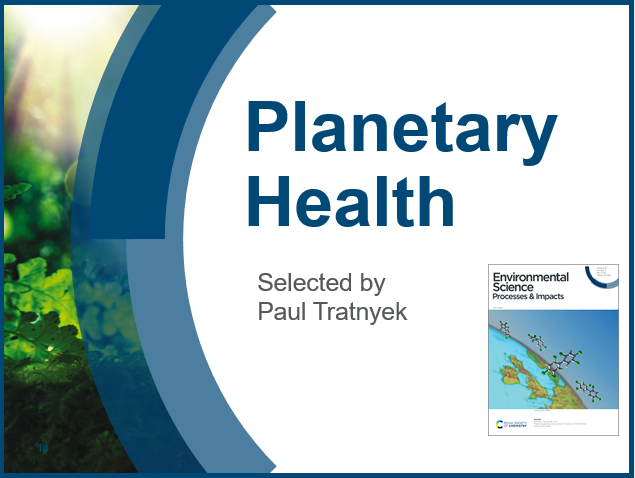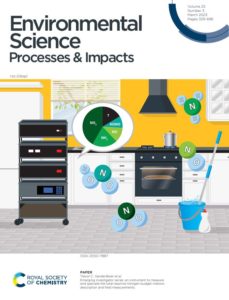 We are glad to announce that a new themed issue focusing on Indoor Chemistry is now open for submissions in Environmental Science: Processes & Impacts (ESPI). Guest edited by Rachel O’Brien (University of Michigan) and Ellison Carter (Colorado State University), the goal of this issue is to highlight research that centers around questions of the built environment, showcasing the impacts of interdisciplinary approaches.
We are glad to announce that a new themed issue focusing on Indoor Chemistry is now open for submissions in Environmental Science: Processes & Impacts (ESPI). Guest edited by Rachel O’Brien (University of Michigan) and Ellison Carter (Colorado State University), the goal of this issue is to highlight research that centers around questions of the built environment, showcasing the impacts of interdisciplinary approaches.
We welcome contributors in diverse topics, included but not limited to indoor chemistry in the gas-phase, aerosol particles, and on surfaces; building materials and processes that impact indoor air quality; human behaviors, experiences, and impacts; outdoor indoor exchange of pollutants such as wildfire smoke; viruses and virus inactivation; and modeling across scales. This list is not exhaustive and other research areas that intersect with this theme are very welcome.
ESPI is a transformative journal publishing high quality papers in all areas of the environmental chemical sciences, including chemistry of the air, water, soil and sediment. We welcome studies on the environmental fate and effects of anthropogenic and naturally occurring contaminants, both chemical and microbiological, as well as related natural element cycling processes.
ESPI prefers significant contributions whose results can be generalised to other systems, especially studies that characterise chemical processes (e.g. chemical and (micro)biological transformations and transport) as well as those that address contaminant impacts on ecosystems and human health. We also welcome high impact field studies, particularly those that are broad enough to define occurrence baselines or long-term trends, identify new contaminants, or those that enrich our molecular-level understanding of environmental systems.
ESPI also invites papers that bridge between environmental chemistry and sustainability topics, such as life cycle assessment, materials flow analysis, and environmental decision making.


















